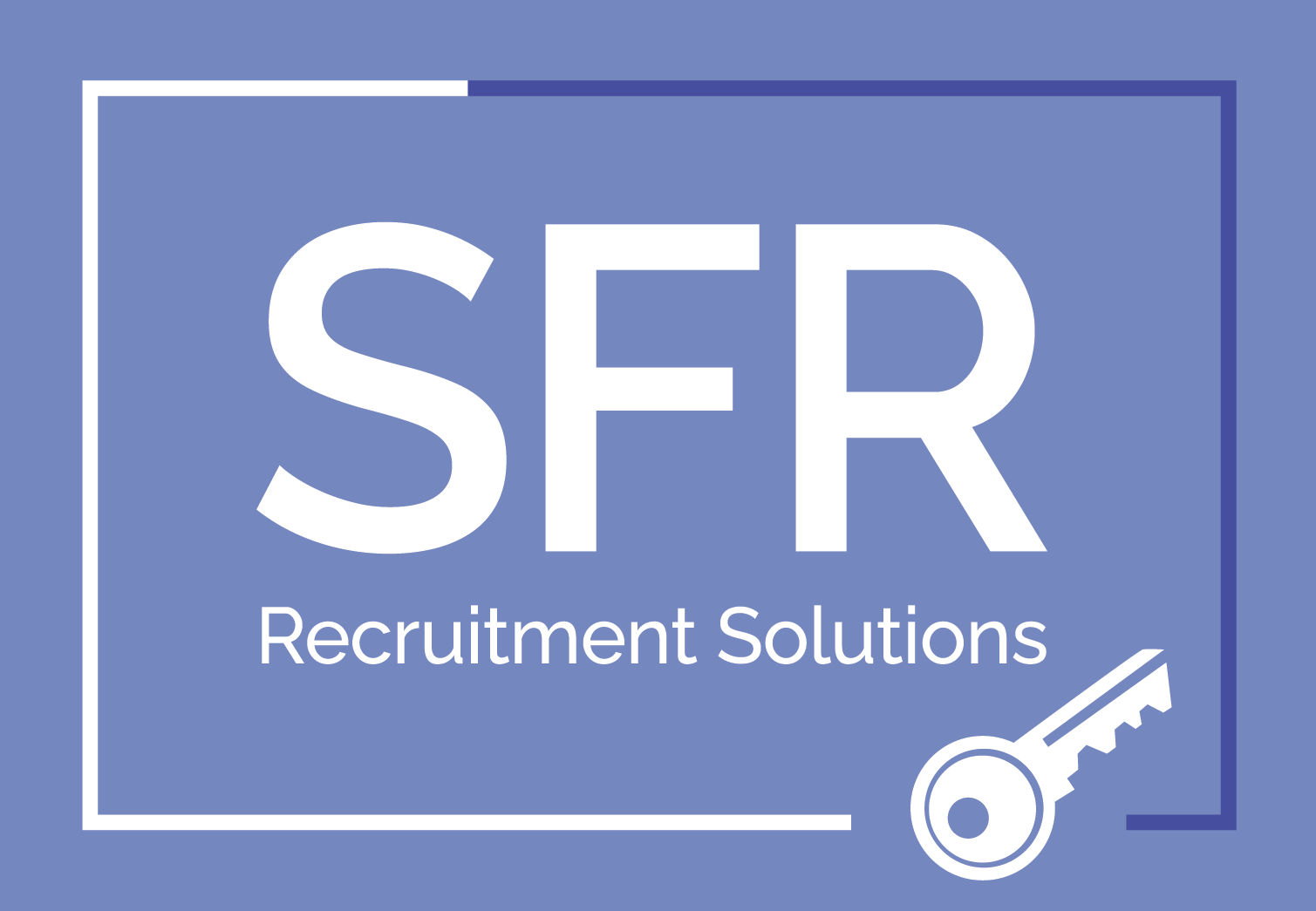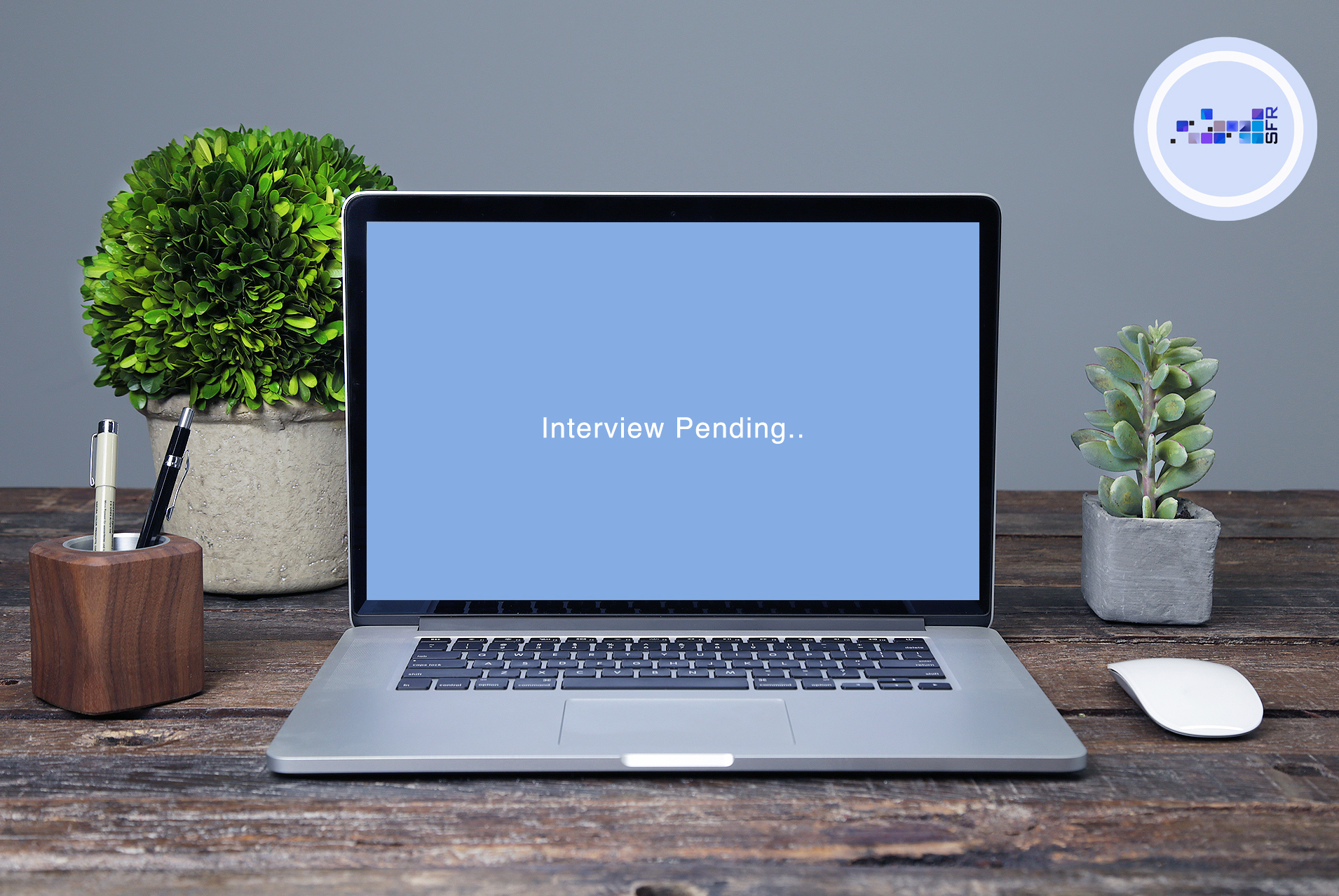Top 6 – Cover Letters!
1– Avoid the generic cover letter
Although it might seem obvious that you shouldn’t use a generic cover letter for different jobs, it is often the most common mistake people make.
You must customise what you’re going to say to each hiring manager.
All of us at some point in time have received the generic email that was written for the masses and doesn’t motivate us to take action.
So, whatever you do, do not write a single cover letter and swap out the names of the companies as you go. Personalise your cover letter in every way you can.
2- Do your research
Prepare, Identify the right person to send your cover letter too. This is best way to ensure it gets read. Once again, get specific, do not send to the generic careers@ email address, try to find out who the hiring manager is, address your letter and email to them instead.
By identifying the right person, this allows you to tailor your letter to not only the company, but also the individual.
Additional tips to researching the right person:
- Call or email the company to ask who is hiring for a certain position.
- Use LinkedIn or the company website to determine the name of the HR person.
- Reach out to any contacts who work there and might be able to help.
3- Opening Statement
Now that you identified the right person to address your letter too, here comes the fun part of the letter. Be CREATIVE! Present your personality whilst remaining professional.
Opening with “I’m writing to apply for the ABC position” might not cut it. Attempt to draw the reader in by sharing what about the business has grabbed your attention and why specifically you would like to work for them.
Here are some examples:
- “I have followed the business for some time and believe you set yourself apart from the competition. I would like to register my high interest in the ABC position. I admire your product innovation, the way you constantly stand out from the competition. As an experienced Product Manager in your sector this appeals to me greatly”.
- “I have studied the industry for many years and have always admired your business, the prestigious projects you have been involved in fascinates me. I would like to put on record my high interest in the ABC position in London. I have a wealth of Architect contacts inside the M25, that I believe would be very interested in your product”.
4- Create Interest
Describe what you can deliver. Once you have opened up and expressed your interest, the next paragraph or two should describe what you can do for them and the company.
Set out very quickly to describe what you can deliver when you walk through that company’s doors. Have the information you have gained from the company advert or job description directly in mind. You should aim to articulate how you can ease the pain the business is enduring whist this role remains unfilled.
You don’t want to make any promises but describing how your past experiences and achievements that are present on your CV makes you a strong candidate.
An example of this might be:
“You can see from my CV, during my last role, I played a key role and was responsible for bringing a new product to market. Through conception, R&D and manufacturing. Worked closely with the marketing function, created the literature, training and delivered the product training for the sales team to ultimately release the product to market”.
This should be a killer statement if you are applying with a business who are looking to hire a Product Manager for the first time.
Another tip might be to bullet point four key experiences and achievements. Remember to always relate back to the pain points on the job description or company job advert.
This should be no different if you are working closely with a recruitment consultant within your industry.
5– Sprinkle in some personality
You shouldn’t be afraid to use a direct tone and a bit of personality. We can all get caught up in how it is supposed to be done and the rules for cover letters, most of the time this leaves us with the world’s most boring generic cover letter. Dare to be different just keep it on point with what the company is looking for and what you can deliver.
Dependent on the position you are showing interest in, personality of the company and your writing strengths, should determine if you use humour or casual language in your letter.
An example of this might be the obvious differences between applying for a Finance Manager position at a large multinational, compared to a Marketing Manager where you have more room to be creative. Do your research on the business and adjust your tone accordingly.
6– Call to action
Almost done! Before concluding your dazzling cover letter, you need to add one more thing, call to action for your reader.
Make it clear what you want them to do and what you are going to do.
Give your call to action a timeline. Add contact details so that the reader can contact you. Either way, make sure the reader knows what action to take now that you’ve totally wowed them.
If you want to stand out in a crowd a strong cover letter could be the key to your success. Take your time, let your personality shine.
I hope you have found our Top 6 Tips helpful.





